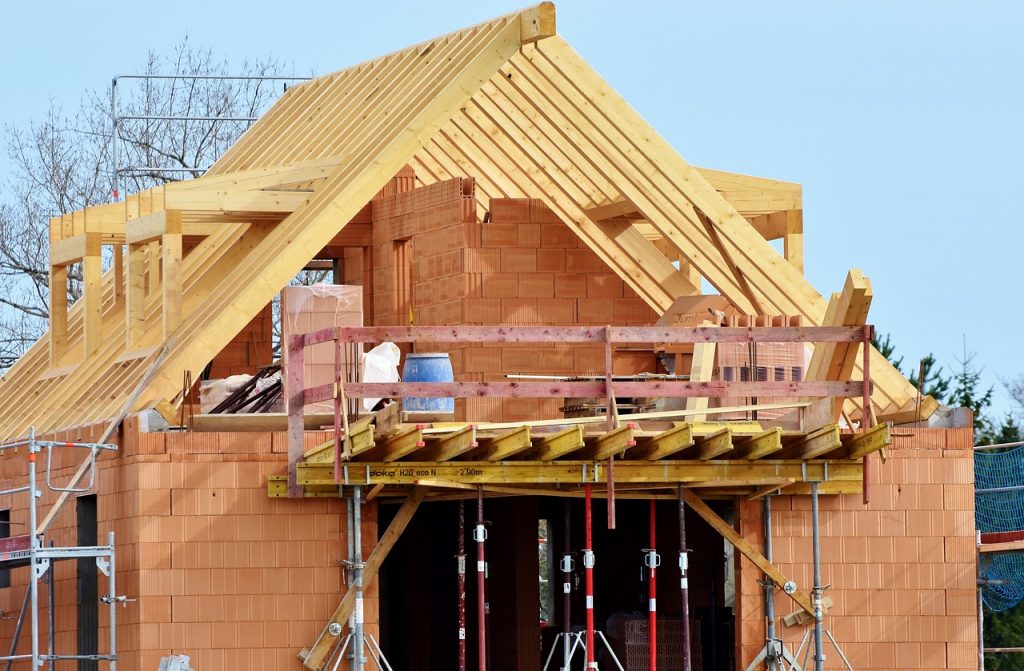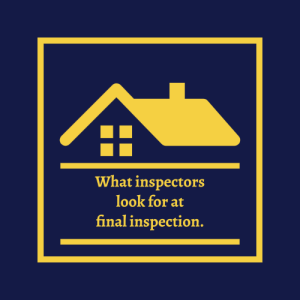December 2021, issue 1
ELITE PERMITS
BRIEFING ON CONSTRUCTION & Some other stuff
Written by TATIANA gUSt
A Notice of Commencement is a legal document that informs the public that a project has started.
The main reason to file this document, when improvements exceed $2500 (or $7,500 for A/C equipment) is to protect owners from paying their contractors twice.
How is that? Well, a contactor, subcontractor, or supplier can make a complaint stating that he/she was not paid and if you don’t have an NOC to prove otherwise, they may place a lien on your property until the payment is satisfied.
According to chapter 713 of the Florida Statutes, a properly filled NOC needs to include the following information:
- Description of the property and address.
- Description of the improvements to be made.
- The owner’s name and address.
- Construction lender’s name, street address, mailing address, and telephone number, if applicable.
- Information of the party commissioning the work, which can be the owner or a tenant.
- Payment bond securities, if it applies to your project.
- And the time it will take to complete the work.


This document also secures the right of workers to get paid for providing labor and materials for the project.
Per Florida Statutes, an NOC is required to be recorded and a copy provided to the building department prior to the first inspection.
Keep in mind that the NOC needs to be recorded before the start of the project, however, failing to begin the project within 30 days of recording it will void the NOC. Also, consider that inspections are not allowed unless the NOC is recorded and posted at the job site. Make sure you display your document clearly onsite.
For help with NOCs and so much more, call Elite Permits!
Check out our YouTube channel for more educational content like this every week!







